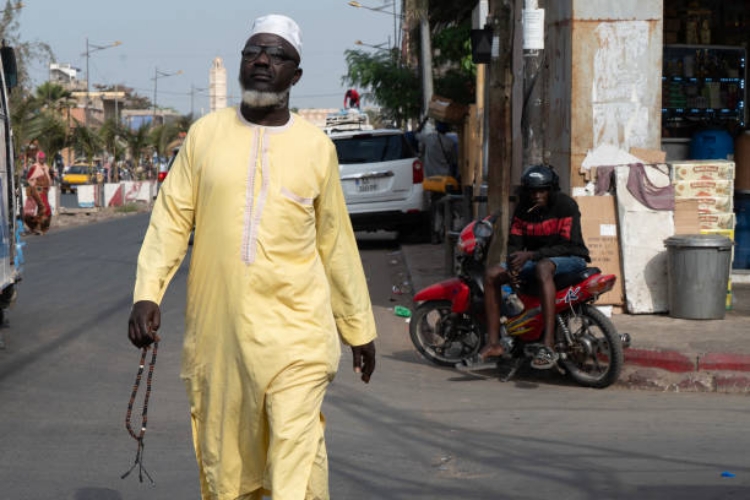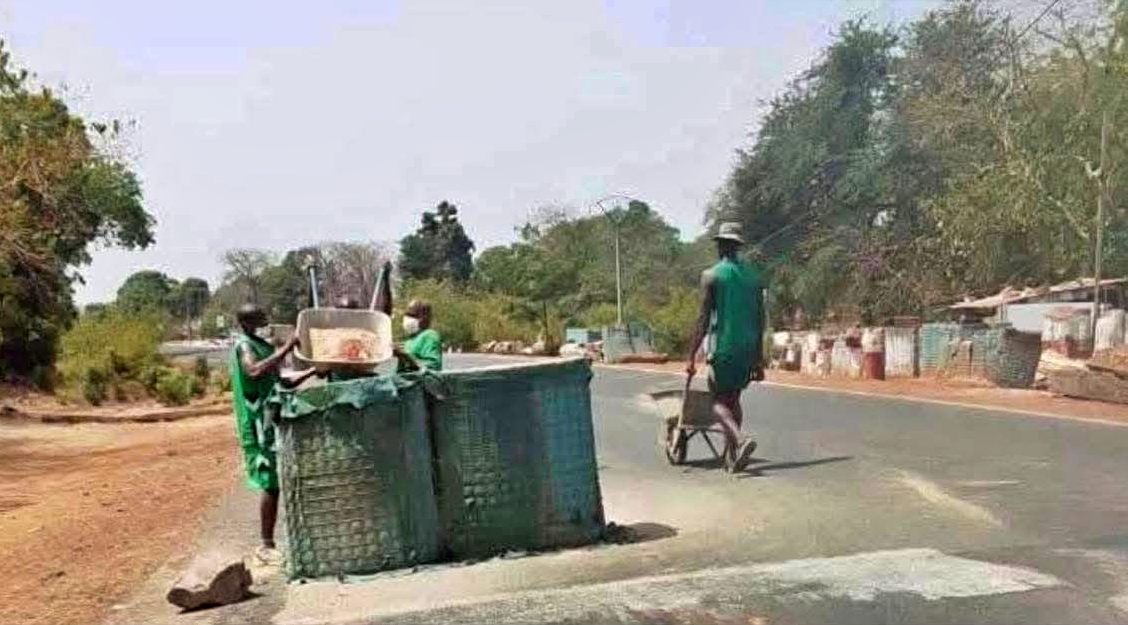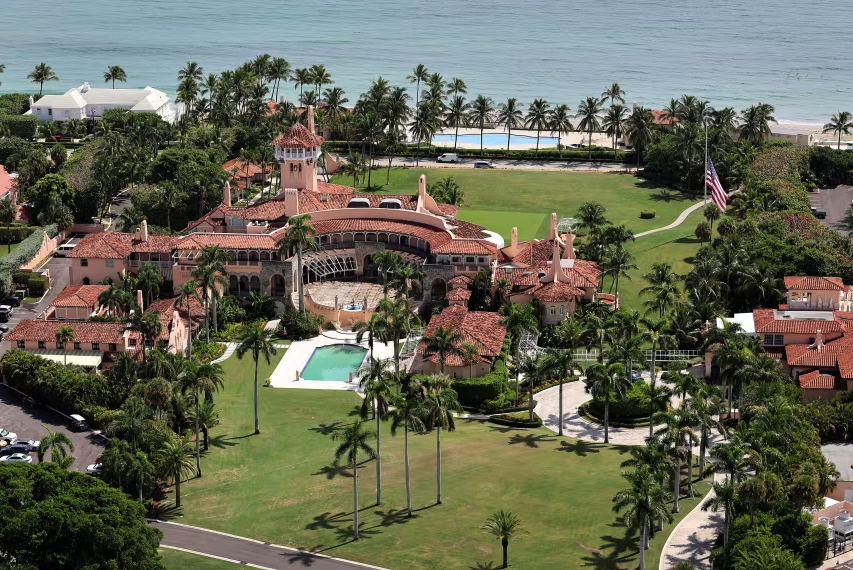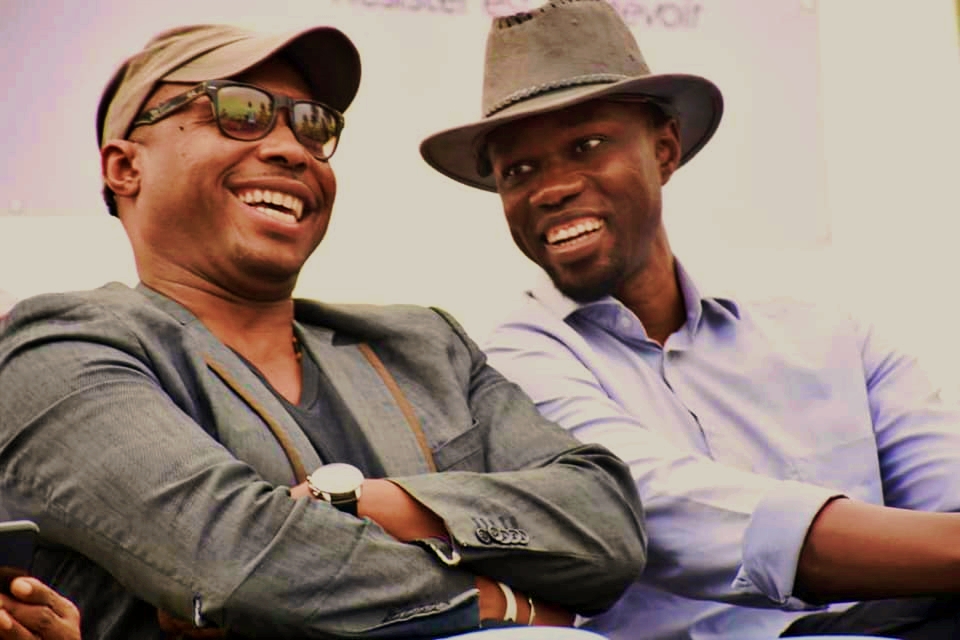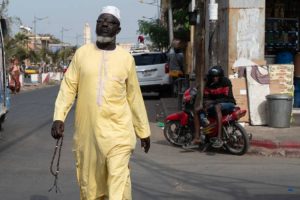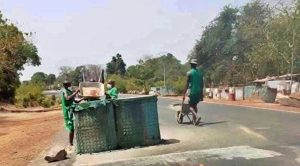Gambiaj.com – (DAKAR, Senegal) – The legislative fates of Senegalese Prime Minister Ousmane Sonko and the Mayor of Dakar, Barthélémy Dias, now rest in the hands of the Constitutional Council, following two significant complaints aimed at barring their participation in the upcoming legislative elections.
Both men, known for their outspoken political beliefs, face legal challenges that, if upheld, would prevent them from running on November 17, 2024, legislative elections.
In one filing, former President Macky Sall’s Takku Wallu Senegal coalition seeks to disqualify Sonko, leader of the PASTEF coalition, from the ballot. Maguette Sy, representing Takku Wallu Senegal, contends that Sonko’s recent six-month suspended sentence for defamation against Minister Mame Mbaye Niang should legally bar him from candidacy.
The coalition argues that Sonko’s conviction falls outside the protections of the amnesty law, which only covers offenses tied to “conflicting political events.” They insist that defamation against an individual does not qualify under these terms, asserting that the Constitutional Council must strike Sonko’s name from the ballot along with all PASTEF candidates.
Meanwhile, in a separate complaint, Théophile Mbengue and the And Liggey Sunu Rew movement have challenged Barthélémy Dias’ candidacy as head of the “Sam Sa Kaddù” coalition. Comprising key opposition figures like PUR, Taxawu Senegal, Déthié Fall’s PRP, and prominent leaders such as Anta Babacar Ngom, the coalition’s bid would face serious setbacks if Dias, a high-profile candidate, were to be removed. This appeal introduces another complex legal twist as each group vies for influence within the increasingly fractured opposition landscape.
The two filings underscore escalating legal battles as political forces attempt to shape the field through judicial means. Sonko and Dias, both critical voices in Senegalese politics, have gained significant followings, particularly among younger voters seeking systemic change.
Analysts suggest the Constitutional Council’s decisions on these appeals could sway Senegal’s political balance, either stymieing or emboldening the opposition at a critical juncture.
With mounting pressure on the judiciary, the stakes for both could not be higher. As the Constitutional Council deliberates, all eyes are on its rulings, which will likely reverberate beyond November’s elections, shaping the future of Senegal’s political landscape.



